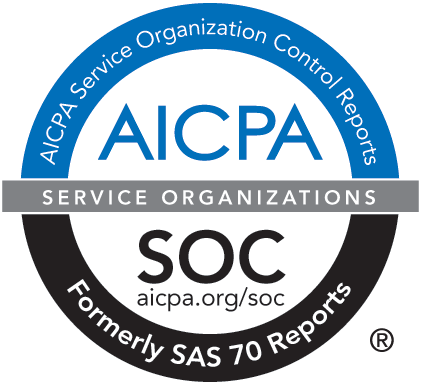HighGround Talks DAFs - Part One
June 18, 2024 - HighGround’s Joe Hancock and Katie Warren were recent guests on Jason Parker’s The Sound Retirement Planning podcast to discuss donor-advised funds, the increasingly popular charitable giving tool. In this three-part blog series, we share key takeaways from that episode. In this post, we cover:
- How a DAF Works
- Who Uses a DAF
- DAF Benefits
- Importance of a Values-Aligned DAF Sponsor
- DAF Fees
- DAF Succession Strategies
How a DAF Works
Katie Warren: At HighGround, we like to say that with a donor-advised fund, you can give, grow and grant. So, a donor-advised fund is essentially a charitable giving account, sponsored by a public charity, and when donors open their donor-advised fund with that public charity, they then make contributions of cash or non-cash assets to that public charity. And then they can invest those contributions for growth, tax-free growth, and then over the course of time, recommend grants to the charities of their choice.
Who Uses a DAF
Jason Parker: Tell me, who really is the donor-advised fund best suited for?
Katie Warren: I'd say that's another one of the benefits of a donor-advised fund - its flexibility. And it can be used in so many ways that we find many donors are using a donor-advised fund, are choosing to do so. Most often the statistics show that it's baby boomers that have donor-advised funds, but younger and younger people are beginning to open donor-advised funds as well.
DAF Benefits
Katie Warren: Aside from the tax benefits, there are a number of other benefits, as well. It's just the ease of administration of the giving process. And so, even millennials and younger donors who maybe don't consider themselves wealthy and they're not needing to think about wealth planning or estate planning or these big concepts of charitable giving with trusts and things like that, a donor-advised fund is still a very accessible way for them to be strategic about their giving.
And so, they might open a donor-advised fund with minimal dollars and have their money contributing monthly straight from their bank account, and just growing that amount almost like a set-aside, charitable account. They're pulling money from their paycheck on a monthly basis and letting that grow - invest it, let it grow tax-free - and then making those grants as they're ready and able.
It's also affording people time to really vet the charities and make sure they align with their values. We're just seeing it works for a lot of ways. And as Joe mentioned as well, and I think we've covered already, if you like to give to a number of different charities throughout the year and you're having to keep up with the tax receipts for every single contribution to each charity for tax purposes, funneling all of that giving through your donor-advised fund just streamlines the process. And at the end of the year, when you're ready to file those taxes, you just need that one tax receipt from the DAF sponsor, and it's going to capture all your contributions into the DAF that year.
Importance of a Values-Aligned DAF Sponsor
Jason Parker: What are some things people should be looking out for if they're trying to determine or decide which donor-advised fund organization or sponsoring organization they want to work with?
Katie Warren: Yeah, that's a great question. As we've mentioned before, the contribution to the donor-advised fund is a completed gift to the sponsoring organization, or public charity that sponsors the donor-advised fund. So, ultimately, it is the sponsoring organization that has control of those funds and the final approval of those grant recommendations by the donor. So, with that in mind, a donor would likely want to make sure that the donor-advised fund sponsor aligns with their values. They want to know that the grants they wish to recommend will be approved, ultimately.
DAF Fees
Katie Warren: Most sponsoring organizations have two fees related to donor-advised funds. One is an administrative fee, which covers the cost of administering the program - vetting the charities, creating the tax receipts, that sort of thing. The second is the investment fee, which covers the cost of investment management. HighGround does not charge an administrative fee. Though we provide all of those administrative services, we have chosen not to charge an administrative fee to our donors so that more of the dollars that they're putting into their donor-advised are available for granting to charity.
DAF Succession Strategies
Katie Warren: Again, this is going to vary from sponsoring organization to sponsoring organization, but I do believe there's a statistic that 92% of all donor-advised funds have a succession plan in place. At HighGround, all of our donor-advised funds have to have a succession plan in place upon opening the fund. And so, this is essentially what will happen to the balance that's in the fund upon the death of the last named Donor Advisor.
We, at HighGround, have a few options. One is to name up to four Successor Advisors who will, essentially, take over those advisory privileges for recommending grants with that amount that remains. Another is to name up to four charities that will receive final distributions from the donor-advised fund. And then, finally, a Donor Advisor could choose to establish an endowment with the balance that remains, and then, in that case, they would also let us know who they wish to benefit with that endowment.
In our next series installment, we’ll dive into the strategic, tax-smart ways donors can use a DAF to maximize their charitable impact. To listen to the full podcast episode, click here. If you would like to learn more about donor-advised funds, call us at 214-978-3300.



